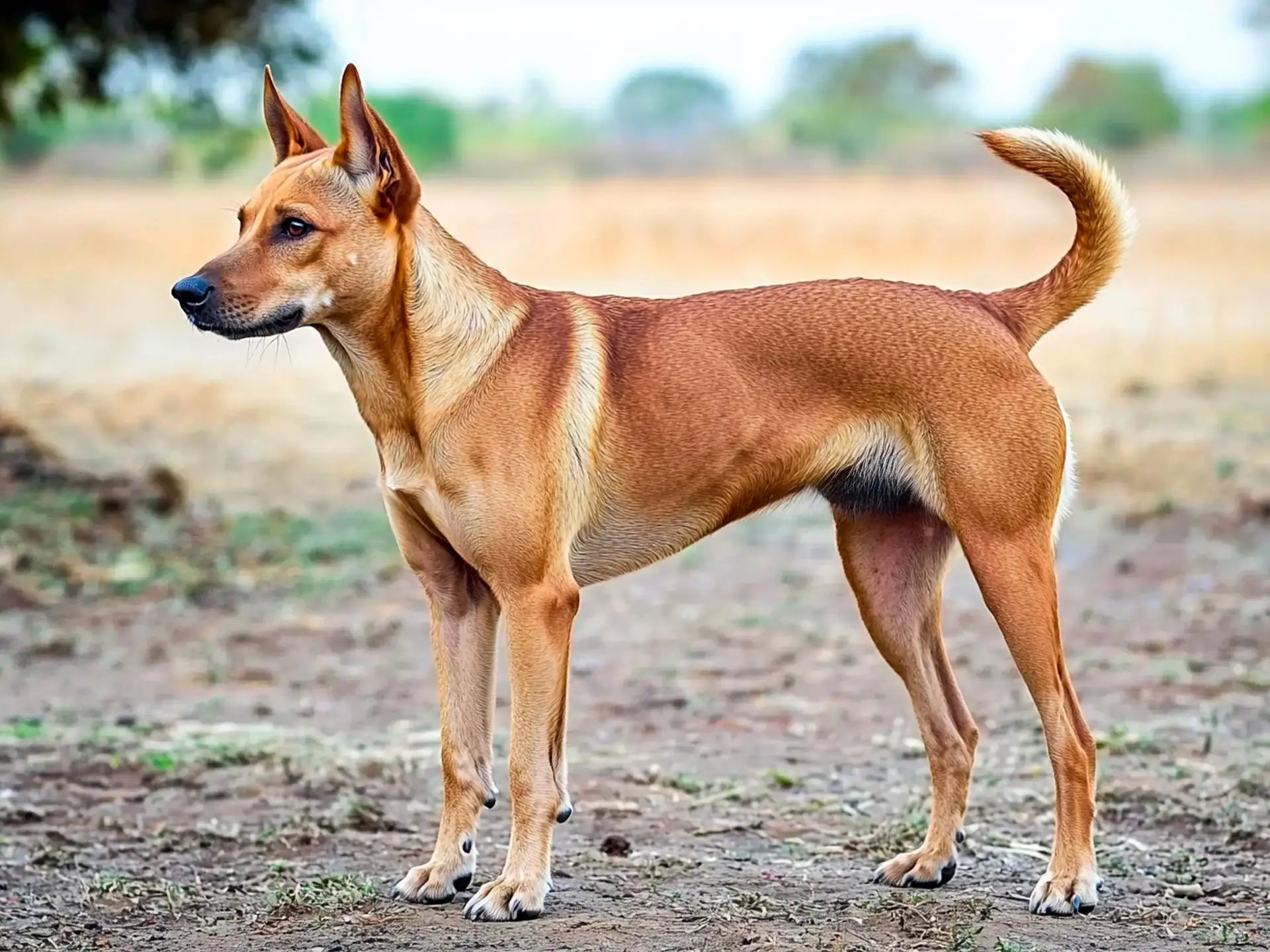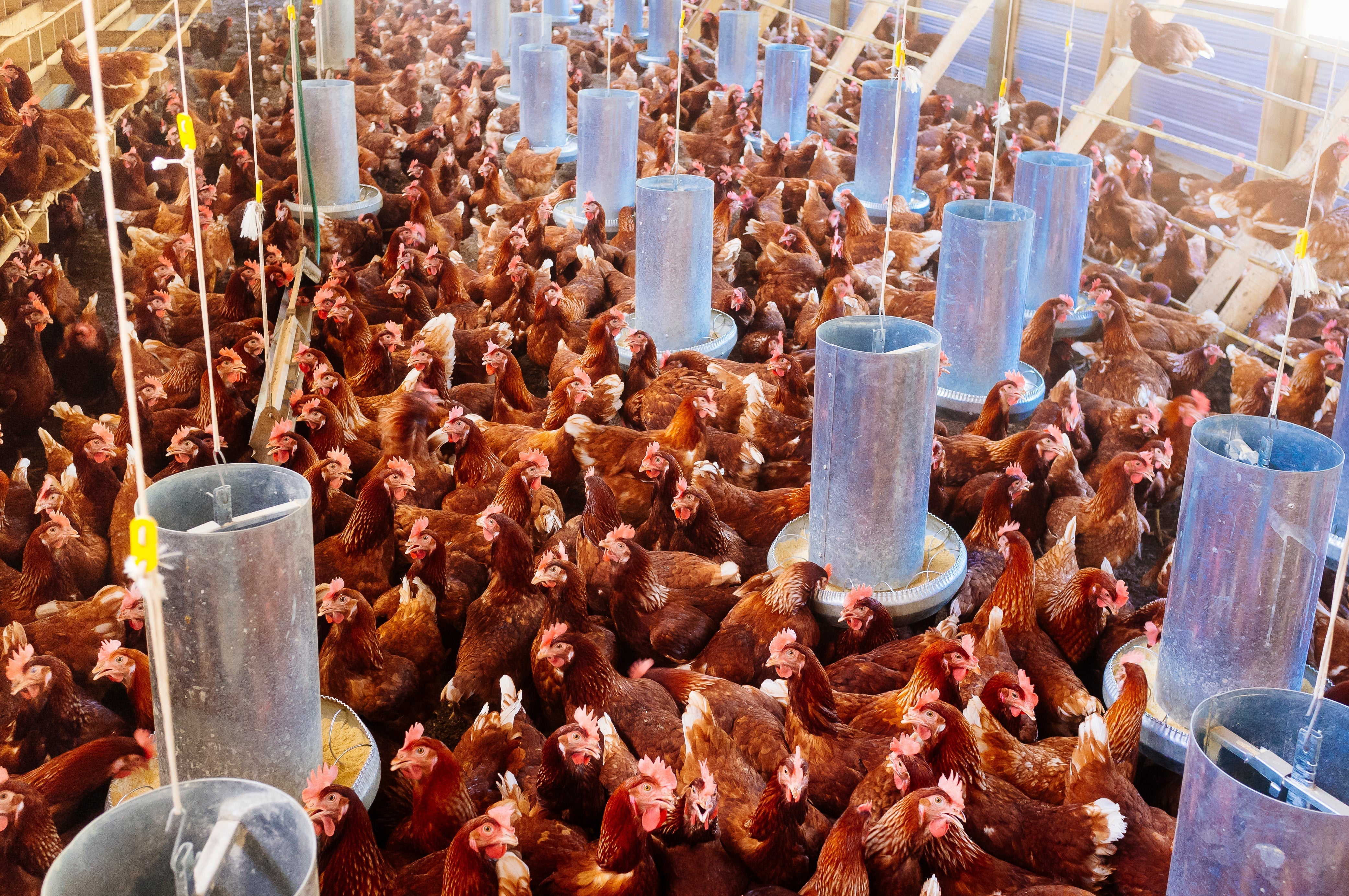Canine Parvovirus (CPV) and Canine Distemper Virus (CDV) are two of the most devastating viral diseases affecting dogs worldwide. While vaccinations are the cornerstone of prevention, bolstering your dog’s immune system through natural means can provide an added layer of protection.
Understanding the Threat: CPV and CDV
Canine Parvovirus (CPV)
CPV is a highly contagious virus that primarily affects the gastrointestinal tract of dogs. It is especially dangerous for puppies between 6 weeks and 6 months of age. The virus is resilient and can survive in the environment for extended periods.
Symptoms:
- Severe vomiting
- Bloody diarrhea
- Lethargy
- Loss of appetite
- Fever
- Dehydration
Early detection and prompt veterinary care are crucial for survival.
Canine Distemper Virus (CDV)
CDV affects multiple body systems, including the respiratory, gastrointestinal, and nervous systems. Unvaccinated puppies and dogs are at the highest risk.
Symptoms:
- Watery to pus-like eye discharge
- Fever
- Nasal discharge
- Coughing
- Lethargy
- Vomiting and diarrhea
- Neurological signs (e.g., seizures, muscle twitching)
CDV is often fatal, and survivors may suffer from long-term neurological effects.
Vaccination: The first line of defence
Vaccinations are crucial in preventing these diseases:
Puppy Vaccination Schedule:
Start at 6-8 weeks of age.
Administer boosters every 2-4 weeks until at least 16 weeks old.
A booster is recommended at one year, followed by boosters every three years.
Adult Dogs:
Ensure vaccinations are up to date, especially if the dog’s history is unknown.
Consult your veterinarian to establish an appropriate vaccination schedule for your dog.
Natural Ways to Support Your Dog’s Immune System
(Also known as the everyday protection between the vaccines)
At Paws for Greens, our philosophy is simple: Healthy dogs start with clean, nutritionally balanced food.
While vaccinations are essential, supporting your dog’s immune health can provide additional protection:
1. Balanced Nutrition
Pet parents often ask “what can I give my dog to boost their immune system?”
A diet rich in essential nutrients supports overall health and immunity. Incorporate fresh, whole foods like:
- Red bell peppers- Vitamin C
- Blueberries- antioxidants
- Spinach and Kale- Iron and Fiber
- Carrots- beta carotene
- Pumpkin- gut health
2. Probiotics
Probiotics promote a healthy gut microbiome, which is integral to immune function. Consider supplements or fermented foods (ensure it’s safe for dogs).
3. Omega-3 Fatty Acids
Omega-3s reduce inflammation and support overall health. They can be particularly beneficial for dogs recovering from illness.
4. Herbal Supplements
Certain herbs have immune-boosting properties:
- Echinacea: Supports immune response.
- Astragalus: Enhances resistance to infections.
- Turmeric: Contains curcumin, which has anti-inflammatory effects.
Always consult your veterinarian before introducing new supplements.
5. Regular Exercise
Moderate, consistent exercise helps maintain a healthy weight and reduces stress, both of which are important for immune health.
6. Stress Reduction
Chronic stress can weaken the immune system. Provide a stable environment, regular routines, and positive interactions to minimise stress.
7. Choose Dog Food Wisely
 Many common dog treats contain salt, sugar, palm oil, or xylitol—all harmful or unnecessary. Look for:
Many common dog treats contain salt, sugar, palm oil, or xylitol—all harmful or unnecessary. Look for:
- Treats without preservatives
- Xylitol-free peanut butter for dogs
- Hypoallergenic dog food options
Paws for Greens offers a nutritionally balanced, plant based, hypoallergenic dog food that is great for dogs who are obese, have weak gut, are allergic to meat and dairy and even for senior dogs since the food is lighter on stomach.
Preventive Measures Beyond Vaccination

- Hygiene: Regularly clean your dog’s living area to minimise exposure to pathogens.
- Avoid high-risk areas: Limit visits to dog parks or areas with known outbreaks, especially for unvaccinated puppies
- Regular Vet check-ups: Routine health checks can catch early signs of illness and ensure vaccinations are current.
Protecting your dog from CPV and CDV requires a combination of timely vaccinations and proactive health measures. By understanding the risks and implementing both medical and natural preventive strategies, you can ensure your furry friend leads a healthy, happy life.
Always consult with your veterinarian before making changes to your dog’s health regimen.




Leave a comment
This site is protected by hCaptcha and the hCaptcha Privacy Policy and Terms of Service apply.